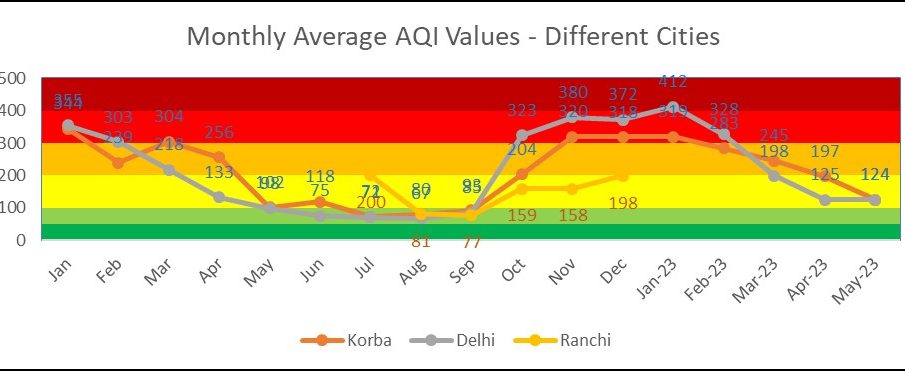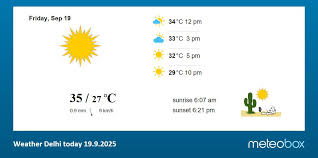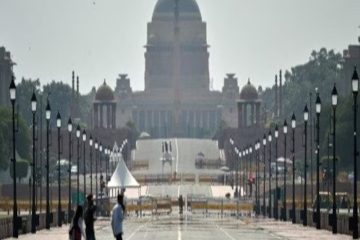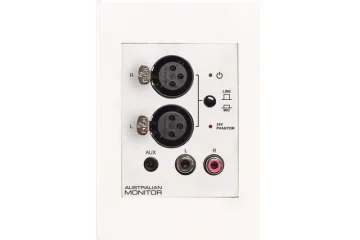Understanding AQI in Delhi: Current Status and Health Implications

Introduction
Delhi, the capital city of India, is frequently grappling with severe air quality issues, especially during winter months. The Air Quality Index (AQI) is a crucial metric that measures pollution levels in the atmosphere and informs residents about the safety of outdoor activities. Understanding the factors leading to poor air quality in Delhi, especially during smog season, is essential for residents to take proactive measures to protect their health.
Current AQI Levels
As of October 2023, the AQI in Delhi has reached alarming levels, often crossing the “very poor” threshold. Recent reports have indicated that the AQI levels have frequently touched the 300-400 mark, causing significant concern for public health. The main contributors include vehicular emissions, industrial discharges, and crop burning from neighboring states. These factors combine, particularly during the stubble burning season, leading to a sharp increase in particulate matter (PM2.5) in the air.
Health Implications
High AQI levels can lead to serious health complications including respiratory issues, cardiovascular diseases, and overall decreased quality of life. Vulnerable populations such as children, the elderly, and those with pre-existing health conditions are at a significantly higher risk. The Health Ministry has issued warnings advising residents to limit outdoor activities and wear masks when pollution levels are high.
Government and Local Initiatives
In response to the deteriorating air quality, the Delhi government has implemented several measures aimed at combating pollution. Initiatives such as promoting electric vehicles, enhancing public transportation, and stricter regulations on industrial emissions are part of a multifaceted approach to improve air quality. Furthermore, increased awareness campaigns regarding the harmful effects of pollution are being conducted to encourage residents to adopt green habits.
Conclusion
The issue of high AQI levels in Delhi is a pressing environmental and health concern that requires immediate attention from both government authorities and citizens. Continuous monitoring and collaborative efforts are vital in bringing down pollution levels. Residents are encouraged to stay updated with AQI reports and consider precautionary measures, especially during peak pollution months. As pollution persists, it is imperative for long-term strategies and community engagement to play a significant role in mitigating the air quality crisis in Delhi.








